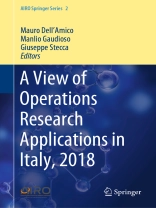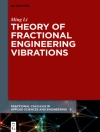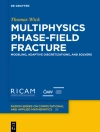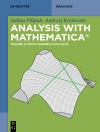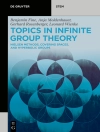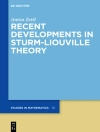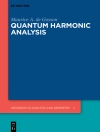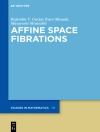This book presents expert descriptions of the successful application of operations research in both the private and the public sector, including in logistics, transportation, product design, production planning and scheduling, and areas of social interest. Each chapter is based on fruitful collaboration between researchers and companies, and company representatives are among the co-authors. The book derives from a 2017 call by the Italian Operations Research Society (AIRO) for information from members on their activities in promoting the use of quantitative techniques, and in particular operations research techniques, in society and industry. A booklet based on this call was issued for the annual AIRO conference, but it was felt that some of the content was of such interest that it deserved wider dissemination in more detailed form. This book is the outcome. It equips practitioners with solutions to real-life decision problems, offers researchers examples of the practical application of operations research methods, and provides Master’s and Ph D students with suggestions for research development in various fields.
Tabla de materias
Part I – Logistics : 1 M. Bué et al., A two-phase approach for an integrated order batching and picker routing problem.- 2 T. Parriani et al., Creation of Optimal Service Zones for the Delivery of Express Packages.-3 L. Di Puglia Pugliese et al., Solving a three-dimensional bin-packing problem arising in the groupage process: application to the port of Gioia Tauro.- 4 T. Bacci et al., A new software system for optimizing the operations at a container terminal.- Part II – Product Design : 5 A. Credo et al., Design optimization of synchronous reluctance motor for low torque ripple.- 6 G. De Tommasi, A variant of the generalized assignment problem for reliable allocation of sensor measurements in a diagnostic system.- Part III – Production Planning and Scheduling: 7 L. Bertazzi and F. Maggioni, Forecasting Methods and Optimization Models for the Inventory Management of Perishable Products: the Case of “La Centrale del Latte di Vicenza Sp A”.- 8 G. Giallombardo et al., Production scheduling and distribution planning at FATER S.p.A..- Part IV – Social Applications : 9 C. Arbib et al., Io T Flows: A Network Flow Model Application to Building Evacuation.- 10 M. Gentili et al., From Pallets to Puppies: Using Insights from Logistics to Save Animals.- 11 L. Lampariello, Improving social assistance services for minors and disabled people by using multiobjective programming.- Part V – Transportation : 12 E. Fadda et al., An algorithm for the optimal waste collection in urban areas.- 13 M. Dell’Amico et al., A decision support system for earthwork activities in construction logistics.- 14 D. Ambrosino et al., A comparison of optimization models to evaluate the impact of fuel costs when designing new cruise itineraries.- 15 C. Ciancio et al., An Integrated Algorithm for Shift Scheduling Problems for Local Public Transport Companies.- 16 S. Carosi et al., A Tool for Practical Integrated Time-Table Design and Vehicle Scheduling in Public Transport Systems.
Sobre el autor
Mauro Dell’Amico is Full Professor of Operations Research at the University of Modena and Reggio Emilia. His main research interests focus on combinatorial optimization as primarily applied to mobility, logistics, transportation, and production planning and scheduling. He is the author of Assignment Problems (SIAM 2012) and almost 70 papers on discrete optimization and related areas. He is a member of the board of the Italian Association for Operations Research (AIRO) and president of the Interuniversity Consortium for Optimization and Operations Research. He has participated as principal investigator in many international funded research projects.
Manlio Gaudioso holds a “Laurea” degree in Electrical Engineering from Università di Napoli. Since 1994 he has been Full Professor of Operations Research at Università della Calabria. His research interests include nonsmooth optimization, integer programming, graph optimization, logistic chain optimization, and classification methods in machine learning. He is currently Associate Editor of the journal “Optimization” and of “Vestnik of Saint Petersburg University”. He plays drums in the Italian Jazz Band “Ars Brevis”.
Giuseppe Stecca is a research scientist at the Institute of Systems Analysis and Computer Science “Antonio Ruberti” of the Italian National Research Council (CNR – IASI). He holds the chair of Supply Chain Management at the University of Rome “Tor Vergata”, where he also teaches Operations Research. He is a member of the board of the Italian Association for Operations Research (AIRO). His main research interests are related to the optimization of sustainable production and logistic systems. Giuseppe works actively in research projects and also as an evaluator for the Italian Ministry of Economic Development in the area of logistics and industry 4.0.
